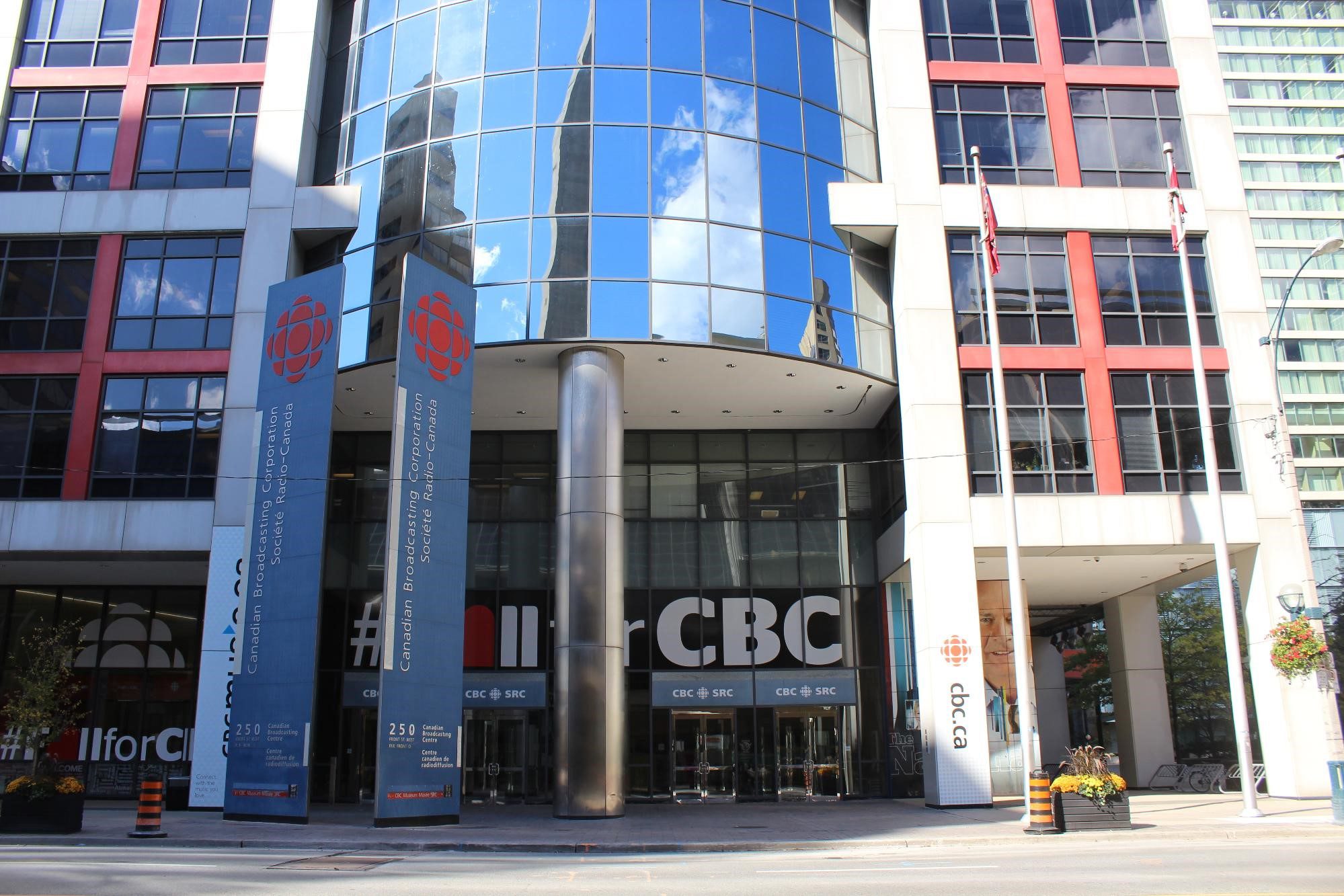CBC Ombudsman: The Trump Effect on Marketplace
Marketplace ran a special edition probing the use of intolerant and hate speech in Canada to explore whether there had been an upsurge as there had been in the United States.
By Esther Enkin, CBC Ombudsman
Marketplace ran a special edition probing the use of intolerant and hate speech in Canada to explore whether there had been an upsurge as there had been in the United States. They used an actor selling “white power” t-shirts to make the point. The complainant, James Callaghan, called it race baiting and completely biased. I don’t think it met the definition of race baiting but the technique was not appropriate in a current affairs programme.
COMPLAINT
You objected to an episode of Marketplace entitled “The Trump Effect: Has it come to Canada?” The broadcast was built around what the programmers call a “social experiment.” You thought it was “outrageous.” The programme set out to explore attitudes about race in light of events in the United States, where critics of immigration and racial groups had become much more vocal in light of the Trump presidency. An actor took to the streets of three Canadian communities selling t-shirts with three slogans – “White Power”, “Make Canada Great Again” and “White Pride Worldwide.” The host interviewed people who bought the t-shirts, as well as those who confronted the actor for doing so. The programme also presented data about the rise of racist activity on social media and provided background from researchers about racism in this country.
You referred to the simulated t-shirt sales as “BLATANT (sic) race baiting”. You said that there was never merchandise that included both the phrase “Make America Great Again” and “White Power” on them. You said that it is wrong to characterize the slogan “Make Canada Great Again” as racist.
You said that CBC News had crossed the line of journalistic integrity, and that an apology should be forthcoming from the “producer, the host and the CBC as a whole.”
Over 20 people complained about this episode of Marketplace. Most of them echoed similar concerns to yours – that it was “anti-white” and unfairly targeting people exercising free speech. There was a minority who objected to repeating racist slogans in the street and traumatizing people who were exposed to them. These complainants felt CBC News had no business creating this type of situation, but should stick to reality-based reporting.
MANAGEMENT RESPONSE
Jack Nagler, Director, Journalistic Accountability and Public Engagement, replied to your concerns.
He agreed with you that on the surface the phrase “Make Canada Great Again” is not racist. He said Marketplace included that slogan because of its resonance with President Trump’s “Make America Great Again.” He said that over the course of the U.S. election campaign, it did take on “racial overtones” due to some of Mr. Trump’s own statements, and “because of how they were understood.” The Canadian version could imply the same thing. He added while it could just invoke nostalgia for the past, it has also been used by groups in this country which are associated with racism and intolerance. He also clarified that while you were concerned that there were t-shirts with the slogans “Make Canada Great Again” and “White Power”, each slogan was on a different shirt.
He told you about the rationale for using an actor to simulate the situation. He said that “racism, intolerance and hate” can be “largely hidden.” He added that since people may not reveal these attitudes or opinions, using an actor selling t-shirts was a way of surfacing the views. He said the programme weighed the controversy of the technique versus the public interest it might serve. He identified a series of questions programmers hoped to answer:
Do Canadians share the sentiments the slogans suggest? Do they feel strongly enough that they are willing to pay for them? And presumably wear them? It seems some Canadians are, as we saw on the program. However, I should point out here that the program deliberately obscured the faces of those people who did. Perhaps even more interesting was the number of people and the strength of the convictions of those people in all the locations who approached the “salesman” to denounce his views and activity.
He stated the language used for the simulation was developed with the help of experts on hate crime. These experts were involved in the design of the experiment in terms of the behavior of the actor, the script he used and how to choose appropriate locations to launch their scenario.
He explained that before the programmers went ahead, they considered the CBC journalistic policy framework. There is no policy that directly deals with “social experiments.” He said this technique is used by academics, scientists and journalists who want to see how people react in a particular set of circumstances:
At their best, they have the ability to explain, at least in part, how people’s thoughts and behaviours can be influenced by the presence of others. What Marketplace hoped to do in this instance was start a conversation and offer worthy insight into contemporary society and human nature at a time when feelings of racism and inclusion are very close to the surface…Please know that Marketplace approached this project with caution and care and hope that in the end it contributed to a conversation that is, and should be, of great concern to all of us.
Read this story on the CBC website, where it was first published.

